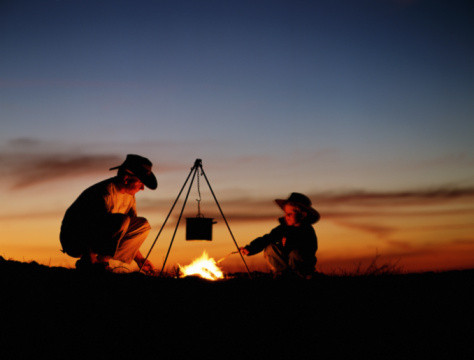
For her grandchildren's breakfast, Rosa López, a 59-year-old homemaker, boiled sweet potatoes and scrambled eggs on a charcoal stove. Mariel, a port city west of Havana, has been without the gas cylinders she typically needs to prepare her meals for over two months.
Ramón Victores waited in line at a gas station for one week not far from there on the road to Pinar del Ro in the hot sun in order to fill up the 1952 red Chevrolet he uses to transport vegetables from one town to the next.
The most recent fuel shortage in Cuba has crippled an already fragile economy, but it is particularly hard on rural villages, where residents are forced to cook their food over coal fires, scramble to find transportation to get them to work, and spend days and nights waiting for gas.
Twelve towns in the provinces of Artemisa and Mayabeque, located east and west of Havana, were visited by The Associated Press in order to interview locals about how the gasoline scarcity is impacting their everyday lives and what they are doing to avoid yet another disaster.
The lack of fuel and cooking gas is seen by many Cubans in the island's rural areas as the final straw because food and medications are already in short supply, and the economy has already been severely harmed by the COVID-19 pandemic, the end of the country's two-currency system, and a tightening of U.S. sanctions.
Since the government stopped selling gas cylinders more than a month ago, López, a housewife in Mariel, has been cooking her meals with coal and firewood.
The distribution of priceless cooking gas is now organized through the use of coupons, but López is number 900 in line and unsure of when she will be able to obtain one.
A group of tiny automobiles joined a lengthy line of tractors and other farming equipment at a gas station waiting for their turn to fill up, with many waiting for up to one week.
The gas station was located about 50 kilometers (30 miles) east of Mariel on the route to Pinar del Ro.
A 67-year-old gardener named Manuel Rodriguez waited four days in line to fill up his broken motorbike.
But he devised a clever technique to utilize the allotted 10-liter maximum per person, not just the meager three liters required to fill it up: Being aware that the device would not be the absolute safest mode of transportation, he fastened a 10-liter polyethylene tank to the frame of his blue motorbike.
"It's a bit dangerous," he said while showing off his invention. "But it works!"
María de la Caridad Cordero, a 58-year-old teacher in Güines, in the province of Mayabeque, waited for a ride to Jagüey Grande to visit her brother, NBC News reported.
"If I don't find anything by noon, I'll just go back home and try again tomorrow, or the day after tomorrow," she said.
The lack of fuel is making it harder for residents of small villages to go to work and move around neighboring towns.
"There's no cooking oil at the bodega," she says. "Hopefully, we'll get some tomorrow."
She and a dozen other villagers boarded a yellow school bus that abruptly came to a screeching halt after spending two hours standing by the road flashing money in an attempt to get the occasional drivers to pick her up.
López and her family claimed to have found momentary solace in a tiny plot of land back in Mariel where they had constructed a coal fire and raised some fruits and vegetables. However, several staple foods are still difficult to find.
© 2025 Latin Times. All rights reserved. Do not reproduce without permission.




